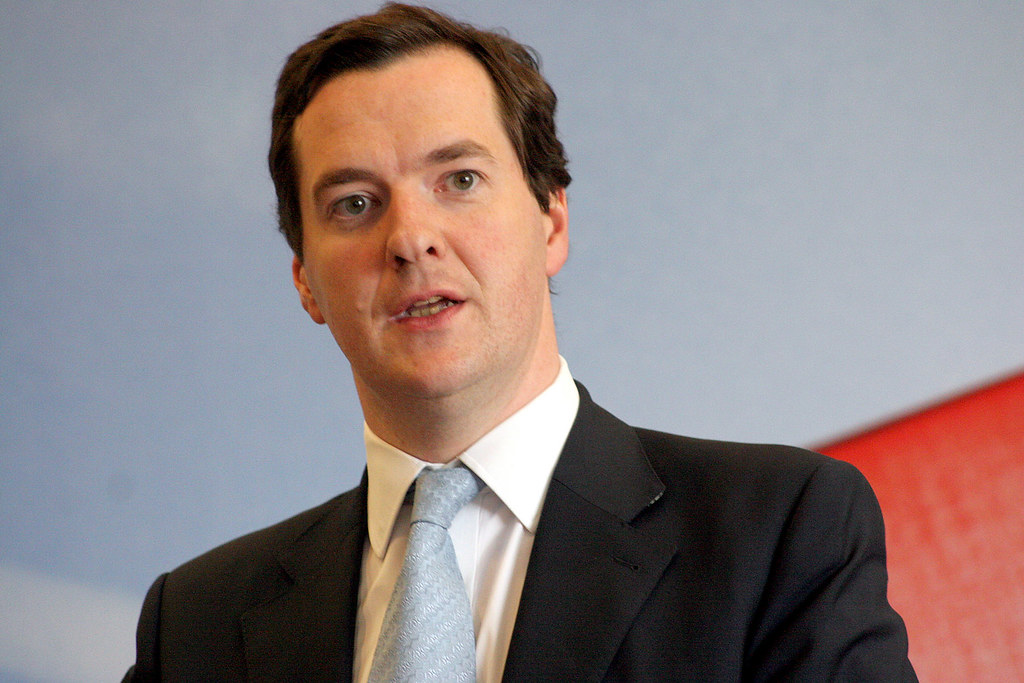Somewhat unfortunately I found myself in an argument with an
‘ultra-leftie’ Corbyn fan the other night, one who clearly hadn’t got the memo about
a kinder politics from his Dear Leader. He thought it was reasonable to illustrate
a graphic explaining ‘How Tory Welfare Reforms Work’ with an image of a
Swastika, claiming it was merely ‘a diagram’. When I suggested this was a fairly offensive comparison to make, I was taken to task. The implication was that if anyone implied that this 'diagram' might be unfairly tainting the Conservative Party with Nazism, then it was the viewer's - in this case, my - fault. Clearly, he had not managed to grasp the power of semiotics.
For merely questioning his taste I was accused of being a
Tory. And this is where the Labour Party now find themselves; unreasonable people
railing against the world, convinced their own view is the one true view, accusing those who might question them of apostasy. The vast majority on the left, the thoughtful,
kind, principled but pragmatic, have been rendered dumb by the earthquake that
has occurred beneath their feet. Until Corbyn and his shadow cabinet emerge
with a package of coherent policies, the official Labour Party is something of
an irrelevance, failing to provide a decent opposition.
Meanwhile, in the real world, George Osborne has been busy
donning a cloak of moderate sensibilities and set about stealing some of
Labour’s best policies and there is barely a whimper of protest – or indeed
claims of ownership – from Jeremy Corbyn and his shadow cabinet. Lord Adonis,
whose talent for ideas and getting things done was such that he was close to
Tony Blair, Gordon Brown and Ed Miliband, has been left flailing in the wind
and, given the opportunity to resurrect his idea of an infrastructure
commission, leads it with George Osborne’s blessing. For a party serious about
forming the next government, losing the talents of Lord Adonis is little short
of criminal.
Other ideas Osborne has pinched or developed include the devolution
of business rates, grand-parental leave, the abolition of non-dom status and
the national ‘living wage’. And remember the city academies idea – chaotically
attacked by the last shadow Labour cabinet – was the brainchild of a certain
chap called Andrew Adonis when he was a part of a Labour government.
George Osborne’s pitch is part of the real battle currently
going on in British politics; who will succeed David Cameron. The PM has
reiterated this week his intention to last the full five years of his second
term, but, as I have written before, this simply isn’t practical or honest. If
Cameron isn’t to stand for election again – and there is time for him to find a
way to renege on this pledge – he has to leave office giving his successor
sufficient time to outline his or her vision for the country before the 2020 general
election.
The Shadow Chancellor, who, inevitably as he is the one
ordering ‘austerity’ across the country, has a reputation of being the hard man
of the government, the hatchet man. To counter this, he has, without any
shame, turned into a magpie and is happily stealing good ideas from wherever he can find them, trying to present himself as the possesor of the common ground, a
man not attached to a particular political dogma and above the day-to-day
political fray. For now, until when or if there is an economic downturn, he
remains the Tory Party’s lucky chancellor and a supreme tactician.
Theresa May, on the other hand, has, with one speech,
jeopardised her chances of succeeding in her campaign to become next leader. Ignoring the government’s own
statistics (see this excellent James Kirkup piece here), she painted a fearful
picture of a Britain being held back and divided by immigration, warning about how we must
protect our borders from the hordes outside and, by doing this, remain strong,
a ‘beacon of hope’. It’s not a million miles away from the vision created in
the film of Children of Men.

‘We are astonished by
the irresponsible rhetoric and pandering to anti-immigration sentiment from the
Home Secretary. It is yet another example of the Home Secretary turning away
the world’s best and brightest, putting internal party politics ahead of the
country and helping our competitor economies instead of our own.
‘The myth of the job
stealing immigrant is nonsense. Immigrants do not steal jobs, they help fill vital
skill shortages and, in doing so, create demand and more jobs. If they did
steal jobs we wouldn’t have the record levels of employment we currently do.’
With such a response from what is supposed to be part of
their core constituency, May’s speech and stance is very hard for any other
minister to defend though some will foolishly try. A rattled Prime Minister later gave it a go on the BBC.
I have never much rated Theresa May’s chances to succeed Cameron; a
long-serving Home Secretary yes, but she gives the impression of being too hard
and too unsympathetic. She first warned of the Tories being seen by too many as the 'nasty' party and yet, here she is the one reviving the image. Combined with simply being factually wrong on the impact
of immigration and annoying large swathes of business, I think her chances of
becoming leader have slumped further.
The other much-touted contender, Boris Johnson, didn’t hurt
his chances at the Conservative Party conference. He is the conference darling,
his speech was packed with jokes and he presented a vividly more humane Tory
alternative. But he is way behind Osborne at the moment, to such an extent the
Chancellor can happily say he would be ‘very surprised’ if Boris didn’t make it
to the top team under Cameron. He didn’t add ‘if he’s a good little boy’ but
was probably thinking it.


